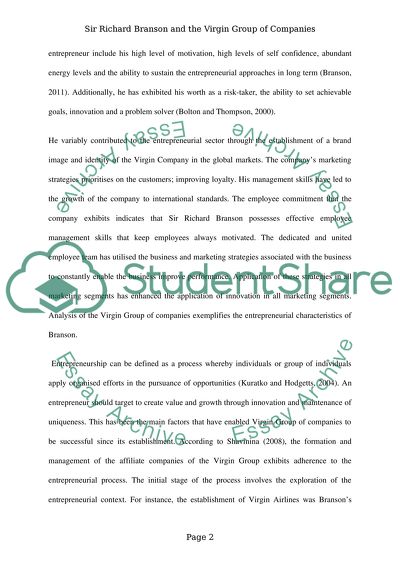Cite this document
(“Sir Richard Bramson and the Virgin Group of Companies Essay”, n.d.)
Retrieved from https://studentshare.org/marketing/1403670-introduce-of-enterprise
Retrieved from https://studentshare.org/marketing/1403670-introduce-of-enterprise
(Sir Richard Bramson and the Virgin Group of Companies Essay)
https://studentshare.org/marketing/1403670-introduce-of-enterprise.
https://studentshare.org/marketing/1403670-introduce-of-enterprise.
“Sir Richard Bramson and the Virgin Group of Companies Essay”, n.d. https://studentshare.org/marketing/1403670-introduce-of-enterprise.


